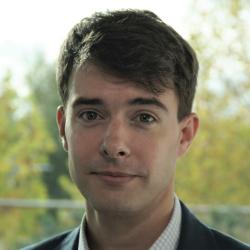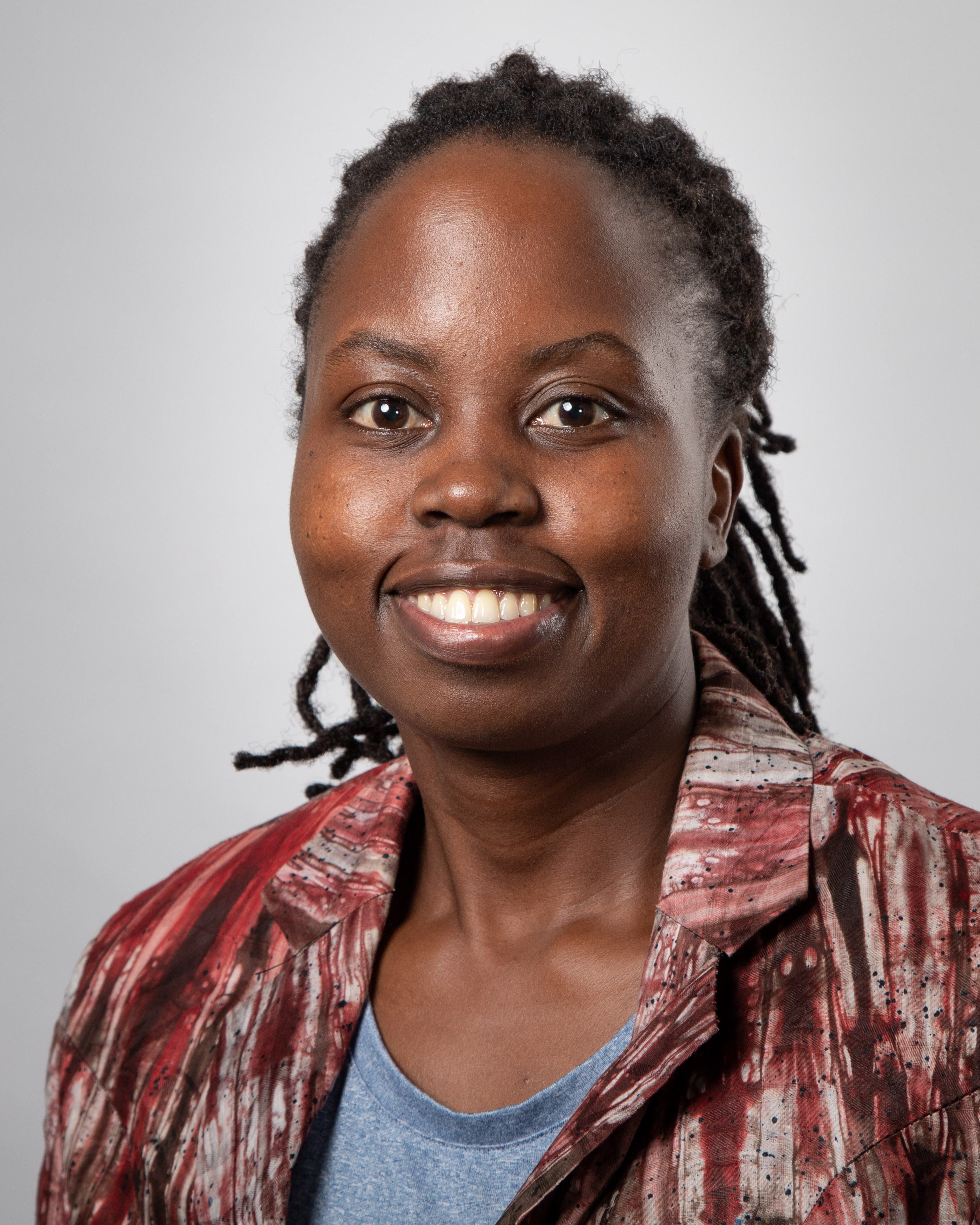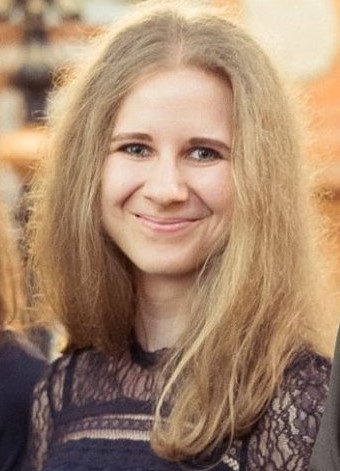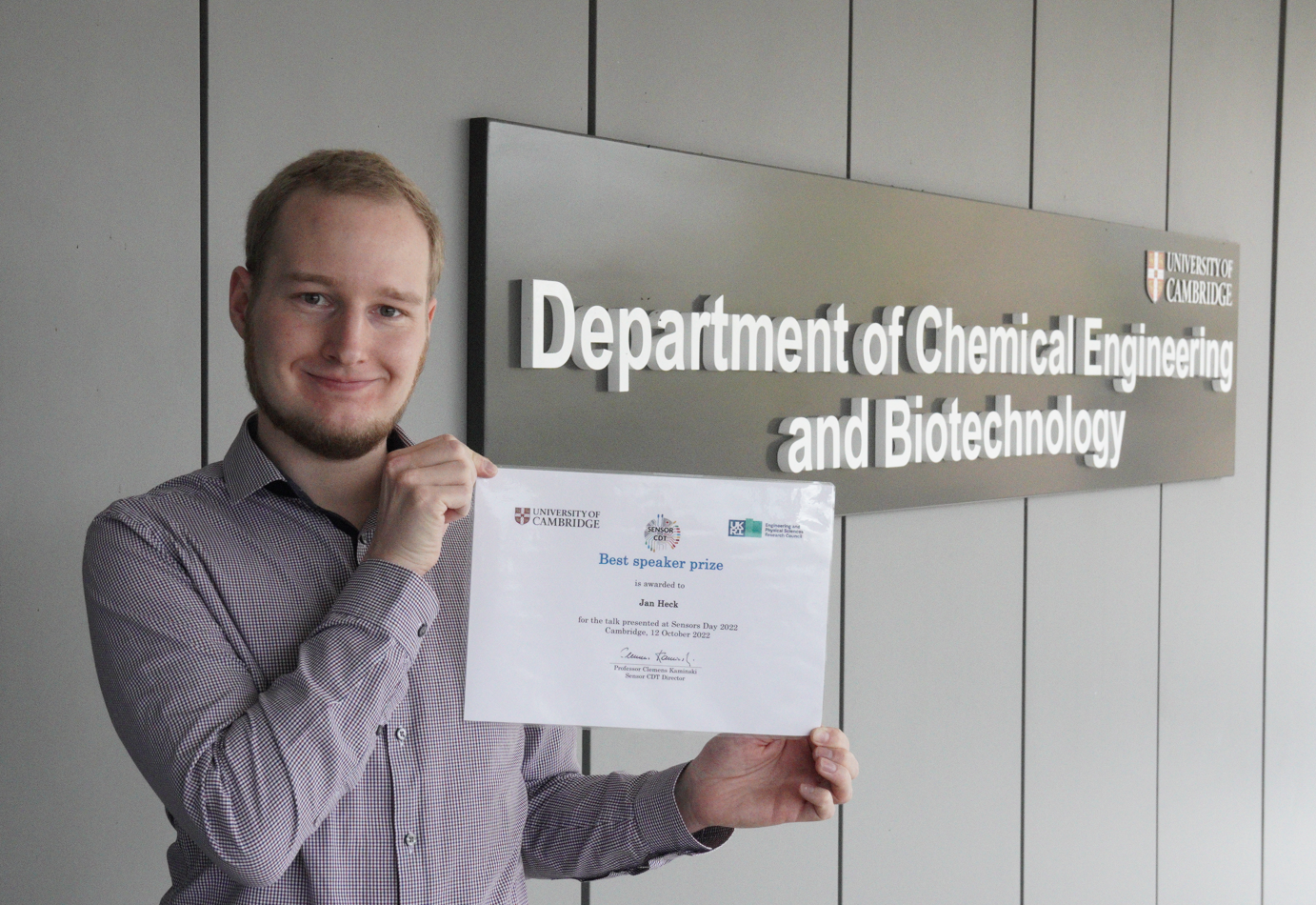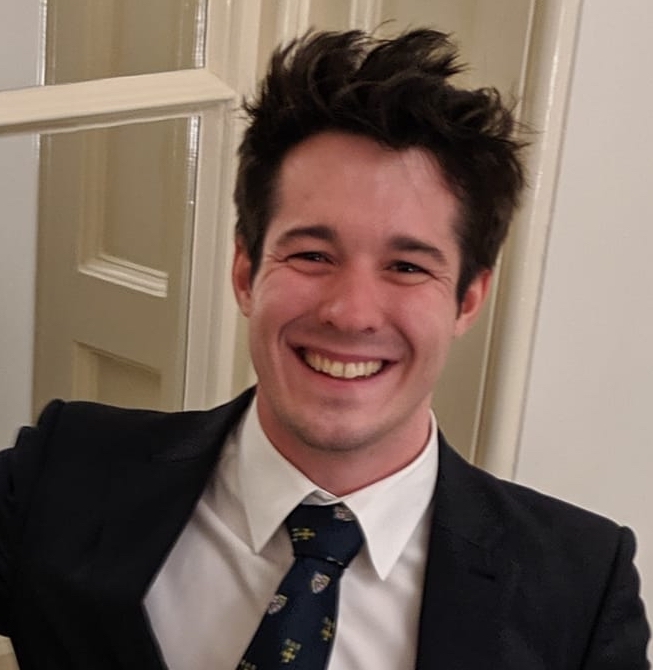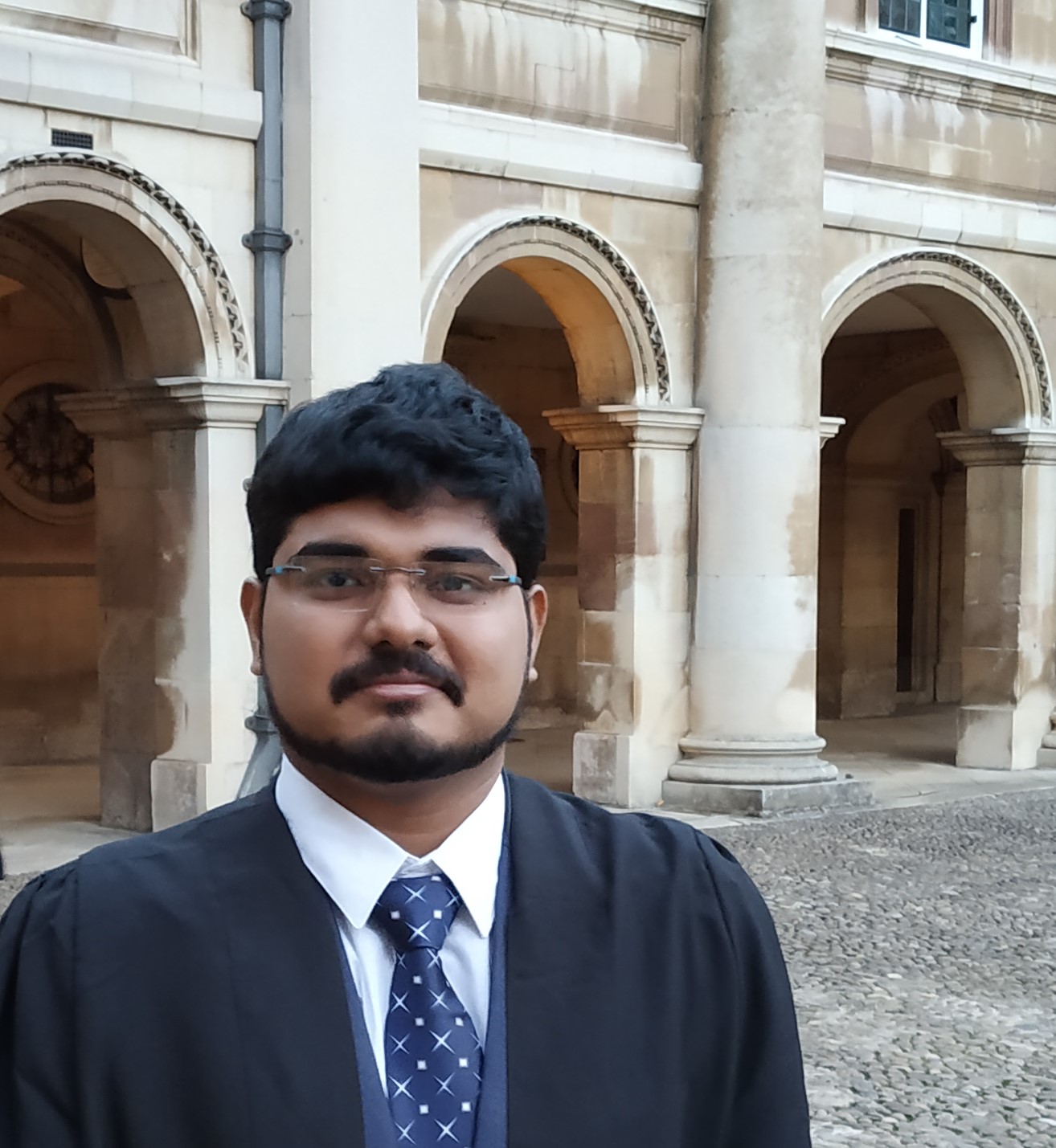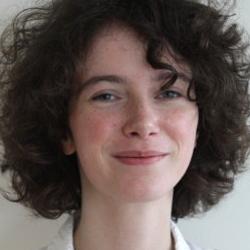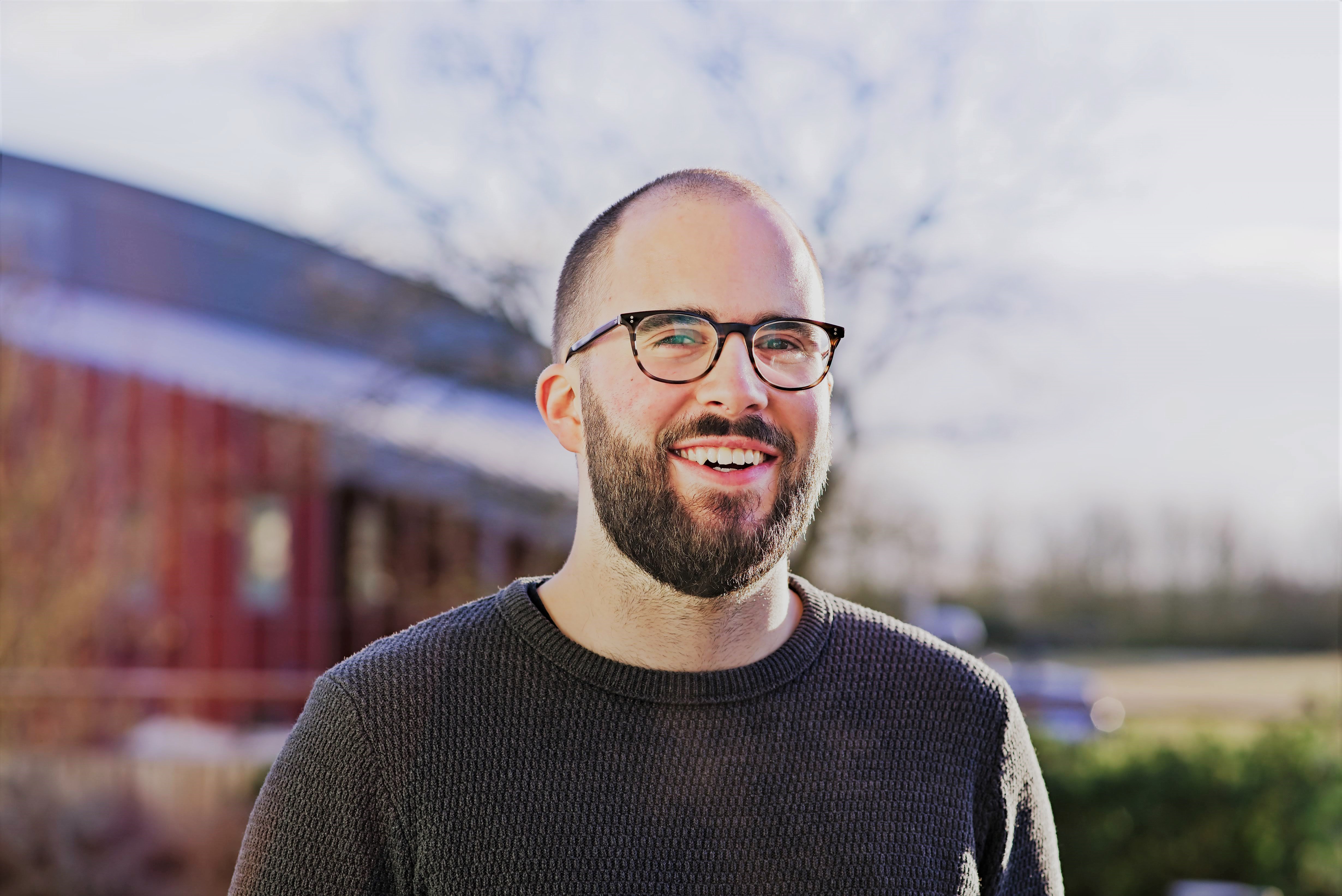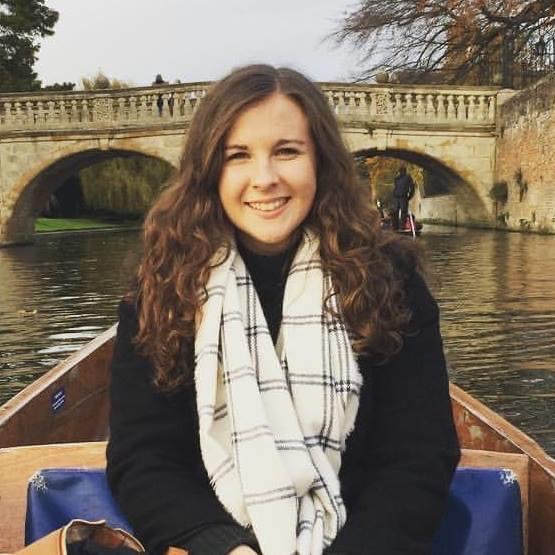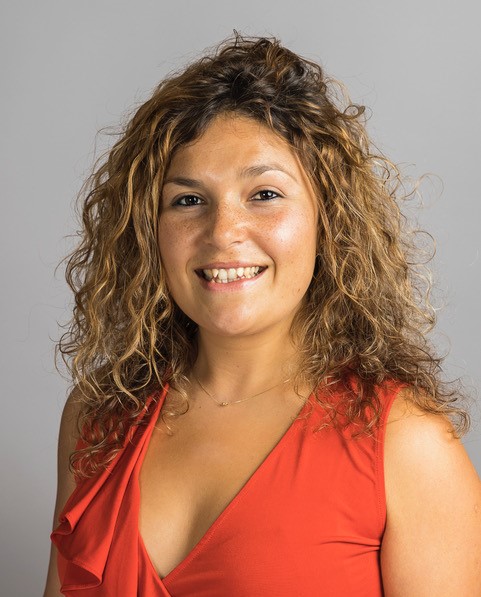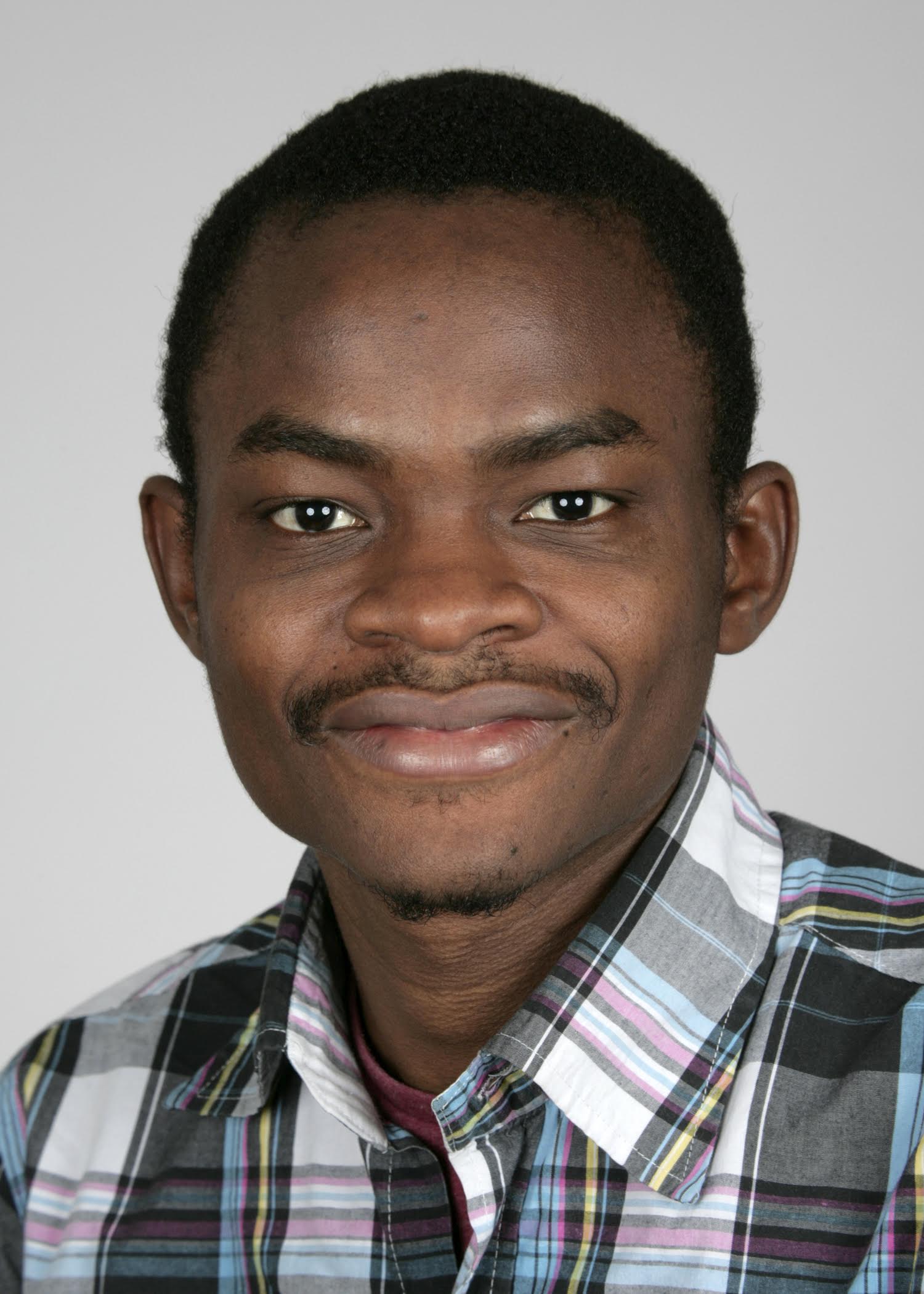Students have many reasons for applying to the Sensor CDT. Some like its interdisciplinary nature, allowing them to branch out to a new area for their PhD. Some like the cohort-based nature of the programme, which encourages peer-to-peer learning and support. Some appreciate the integrated nature of funding and training.
The most important people in the Sensor CDT are our students, below we have collected a selection of their reasons for applying to the Sensor CDT.
Tomas Paulik
2022 cohort
Unlike most students in my CDT cohort, I didn’t join the programme directly after my bachelor’s degree. I have returned to academia after a decade in the industry, where I worked as a senior software engineer at Microsoft and even led my own technology startup, which, at its peak, reached a valuation of £2.7m. Before applying to Sensor CDT, I was thinking about taking a sabbatical to get up to speed with the rapidly developing field of sensor-powered edge computing. It is an interdisciplinary field which involves various topics, ranging from on-device machine learning to sensor hardware design. After discovering the CDT programme, I was excited to learn how closely it matches my professional interests and gives students the opportunity to specialise in the area of sensing of their choice. Prior to moving to Cambridge, I was a little nervous as I was not sure whether the programme will truly enable me to learn new things, given my extensive industrial experience. Now that I am in the middle of my MRes year, I am very pleased to say that the CDT has exceeded my expectations. The lecturers and academics I have the opportunity to work with are world-leading experts in their fields. To me, the CDT is not just an academic programme – it is a platform for professional and personal growth, a place where I can exchange ideas with truly incredible people, and an inclusive environment which motivates towards academic excellence. Furthermore, unlike many other universities, Cambridge puts emphasis on positive societal impact of its research and commercialisation of the generated knowledge.
Josephine Tumwesige
2021 cohort
I chose the Sensor CDT because I felt I had not fully explored the University’s rich research environment during my MPhil. The MRes year of the CDT allowed me to explore my research interests further, enhance and gain new skills, and build a good support network in the form of my cohort, academics and the community at my college. The knowledge and skills gained in the first year have made my transition into the PhD uncomplicated. I built a good rapport with my supervisor; I know who to contact when I need specific support and am aware of as well as how to access the University’s vast resources. This foundation is unique to the Sensor CDT because of its multidisciplinary approach through extensive collaboration with other departments and research groups within and outside the University and industry. They ensure we exploit these collaborations by providing interdisciplinary modules, industry talks, research discussions with other cohorts, and sensor design, team and mini projects. Without ESPRC’s funding, the uniqueness of the Sensor CDT PhD programme its not possible, and more importantly, international students like me would not have the necessary foundation and support to pursue the PhD successfully.
Greta Musteikyte
2019 Cohort, Fluidic Analytics - EPSRC Co-funded Studentship
For me as an MRes student, the most enjoyable and rewarding aspect of the Sensors CDT is a bunch of unique, academic-related experiences rare to find in other graduate study programmes. At the end of the MRes year, I feel more confident and better prepared for the upcoming PhD studies – thanks to a great number of workshops on academic writing, presenting, scientific video making, intellectual property protection delivered by the CDT. The extraordinarily rich networking opportunities, inseparable part of the CDT, have greatly expanded my personal network and helped me to improve the soft skills essential for my future career.
The rich set of experiences would be impossible without the EPSRC and the industry partner Fluidic Analytics, generously co-sponsoring my academic journey. Industry co-funding opened up the opportunities to learn from the experts in the field and benefit from intellectual and physical resources available outside academia only. This undoubtedly brings the overall student experience to the next level and made me extra equipped for my PhD project where I will tackle the challenges linked to understanding the neurodegenerative disease progression.
Jan Heck
2018 cohort
Joining the Sensor CDT was a fantastic experience for me. I felt immediately welcomed by the Sensor CDT academics, staff, and everyone in my own cohort, as well as those in the years above me. The wide range of subjects I could dive into straight away was exciting. In contrast to writing PhD applications on my own, the Sensor CDT's first MRes year allowed me to meaningfully define the research I wanted to do while taking lectures, workshops and talking to the supportive network of academics and PhD students within the CDT.
In this way, the MRes year allowed me to start my PhD with confidence, and opened up a deeper understanding of the diverse and interdisciplinary research landscape that Cambridge University has to offer across its many departments.
The network of Sensor CDT students enabled me to explore and discuss research beyond my own field. The Sensor CDT does a great job at facilitating this exchange by organising their many cross-cohort events throughout the year, and the annual Sensors Day conference to showcase the varied research across all its students. Now, with my time at the CDT coming to an end, I truly enjoy sharing my experience with the next cohort of students, offering help and advice where I can, just as I received plenty of support when I joined the CDT.
James Meech
2018 Cohort, EPSRC Studentship
This CDT is great because I was able to learn beginner level biology whilst also learning more about electronics, a subject that I had already learned a lot about in my undergraduate engineering degree.
Without the funding by the EPSRC, doing a PhD wouldn’t have been financially possible for me. I’m extremely grateful to the CDT, EPSRC and the UK taxpayer for giving me the opportunity to do a PhD.
I applied to Cambridge because my undergraduate masters project supervisor encouraged me to. At the time I wrote the application I was convinced that I wouldn’t be accepted but based on my tutor's encouragement I decided to try.
Dr Sagnik Middya
2018 Cohort, India Ramanujan Scholarship (Cambridge Trust)
I am funded by Cambridge India Ramanujan Scholarship from the Cambridge Trust. Currently I am working on neuro-engineering, where I combine my background knowledge of electronics and devices with fascinating neuroscience applications.
The CDT is different from a general PhD program. As a part of a closely knit cohort, you receive guidance and help, academic or otherwise, from your peers. Most importantly, the 1st year (MRes) provides the opportunity to speak to different people and explore different research options before deciding on a PhD project. It has been my biggest motivation for joining the CDT.
Francesca van Tartwijk
2017 cohort
I previously studied Natural Sciences at the University of Cambridge, a degree that I chose for its breadth, as I’m interested in interdisciplinary approaches to studying biological systems. During my studies, I realised that technological advances enable new research to be established, and so I wanted to understand biophysical techniques in more depth. The Sensor CDT offered an interdisciplinary Masters with a strong technical component, which therefore appealed to me. In addition, I learnt a lot from my peers through the organisation of the CDT into smaller cohorts of students with diverse academic backgrounds. The MRes year therefore prepared me to work both independently and collaboratively in a multidisciplinary research group.
Chris Franck
2017 Cohort, AstraZeneca Studentship
Compared to a conventional PhD programme, the Sensor CDT provides an interdisciplinary community of students and academics, which regularly exchanges to discuss research and to catch up. It is therefore very easy to ask peers for advice to solve project-related problems. In addition, the CDT is great to informally get to know many different people and find friends. In my opinion, the MRes year is a really great opportunity to explore subjects way beyond one’s previous studies. Being a chemist it allowed me to gather lots of small bits of knowledge in fields I’ve never even considered studying, from computer science to electronics and programming to sensing.
I’m funded by AstraZeneca. They provide valuable guidance throughout my project and allowed me to use their facilities at Granta Park, whenever I require them. In addition, they host AstraZeneca internal PhD conferences, which helped me to interact with fellow students from different universities across the UK.
The CDT is quite a melting pot of backgrounds, internationals and amazing personalities. One can not only find friends in this programme, but also research collaborators or advisors to provide guidance due to the various backgrounds and previous experiences, which is a pretty unique combination in my opinion.
Tess Skyrme
2016 Cohort, EPSRC Studentship
I am the first in my family to come to University at all, and attended both state secondary and sixth form college. I didn't know a lot about how PhD funding worked, but was advised that CDTs were good because the place and the funding came together, and required only one application. This hugely simplified the process of applying for me. I would not be able to pursue a PhD without this funding.
When I got in I was anxious about what to expect. The thing that surprised me the most was how many friends I made in my first year here. The graduate student community here at Cambridge is so lovely – with people coming from all corners of the globe to study and research on projects I didn't even know existed. I so enjoyed meeting and working alongside all of the people I met through the CDT, the Department, my college and sports societies. Cambridge quickly became home for me, and four years on I am now looking for jobs in this city because I enjoy it so much.
Doing a PhD at Cambridge was somewhat of a pipe dream for me. The Sensor CDT scheme made it possible for someone with my background to come here and thrive. Graduate student life is often described, I think rightly so, as a rollercoaster. There are highs and lows to the PhD student lifestyle – but being part of this programme, and having the community behind me has been invaluable.
My current project is in the quantum sensors group developing superconducting detectors with applications in space science, earth observation and quantum computing.
Farah Alimagham
2015 cohort, EPSRC Studentship
The Sensor CDT offers the fantastic opportunity to become immersed in cutting-edge sensor research alongside like-minded, hard-working and enthusiastic students and researchers from all over the world.
Having recently completed my PhD, I am now a Research Associate at the University continuing some of the exciting research I carried out during my PhD which focused on the development of mid-infrared optical sensors for chemical sensing.
Pelumi Oluwasanya
2015 cohort, National Scholarship
The Sensor CDT gave me a chance to be trained by the best minds in the world in sensor technologies. The cohort mix was very good with smart students from different academic backgrounds which provided a 360 degree view of any challenge we tackled as a team.
The group projects, individual projects, lab rotations and the mix of specialization courses gave me a robust foundation to carry out my PhD research (with Dr Luigi Occhipinti) which, apart from resulting in intellectual property and a spinout company, has also received a further EPSRC IAA PDA Grant, the Trinity-Bradfield prize (Finalist), and Semi-Finalist in the Cambridge Enterprise Business Plan competition in 2019. I have also had the opportunity to travel around in Europe both to present my work and to participate in fully funded summer schools. I have fond memories of the cohort trip to Bletchley park.
Post-PhD, I am continuing to do research at the University of Cambridge as a Postdoctoral Research Associate in Implantable Neurotechnologies in Dr Chris Proctor's lab. I am super excited to be getting started on this new phase and I am very grateful to the CDT for the training, the funding and the enabling environment.

